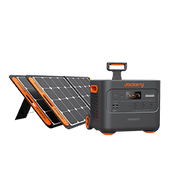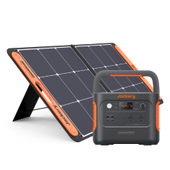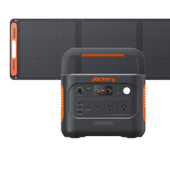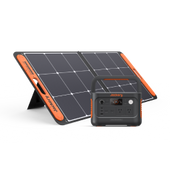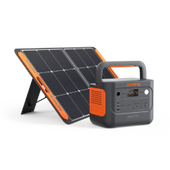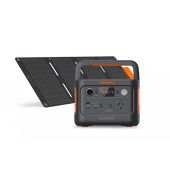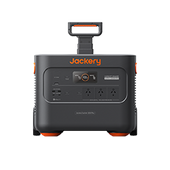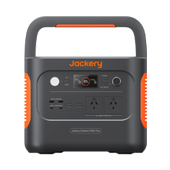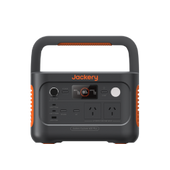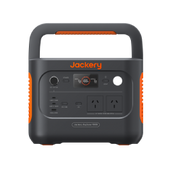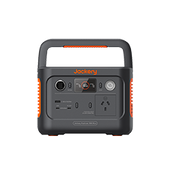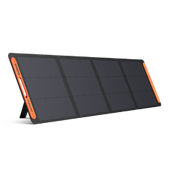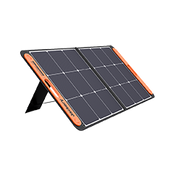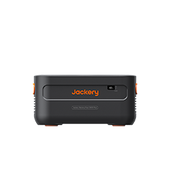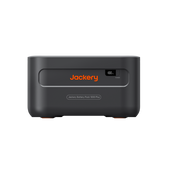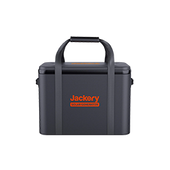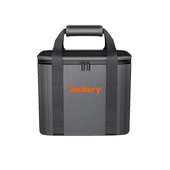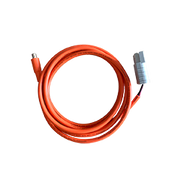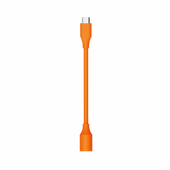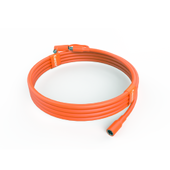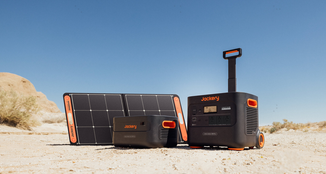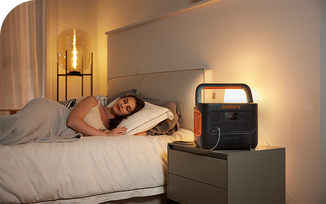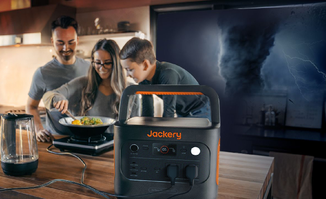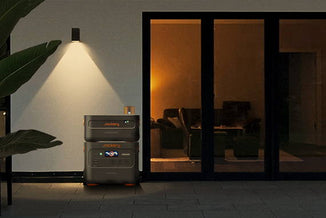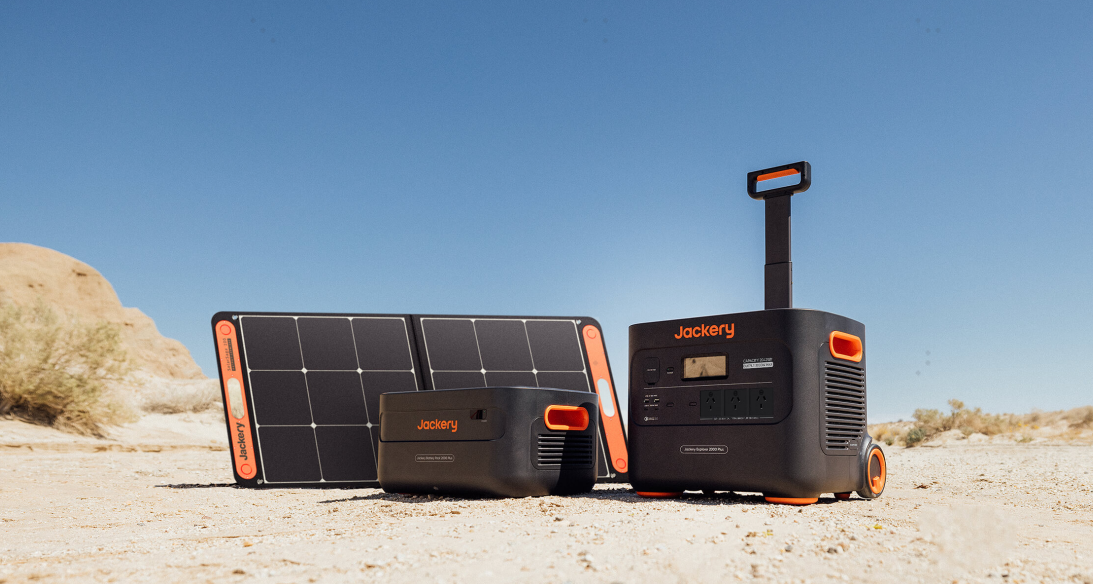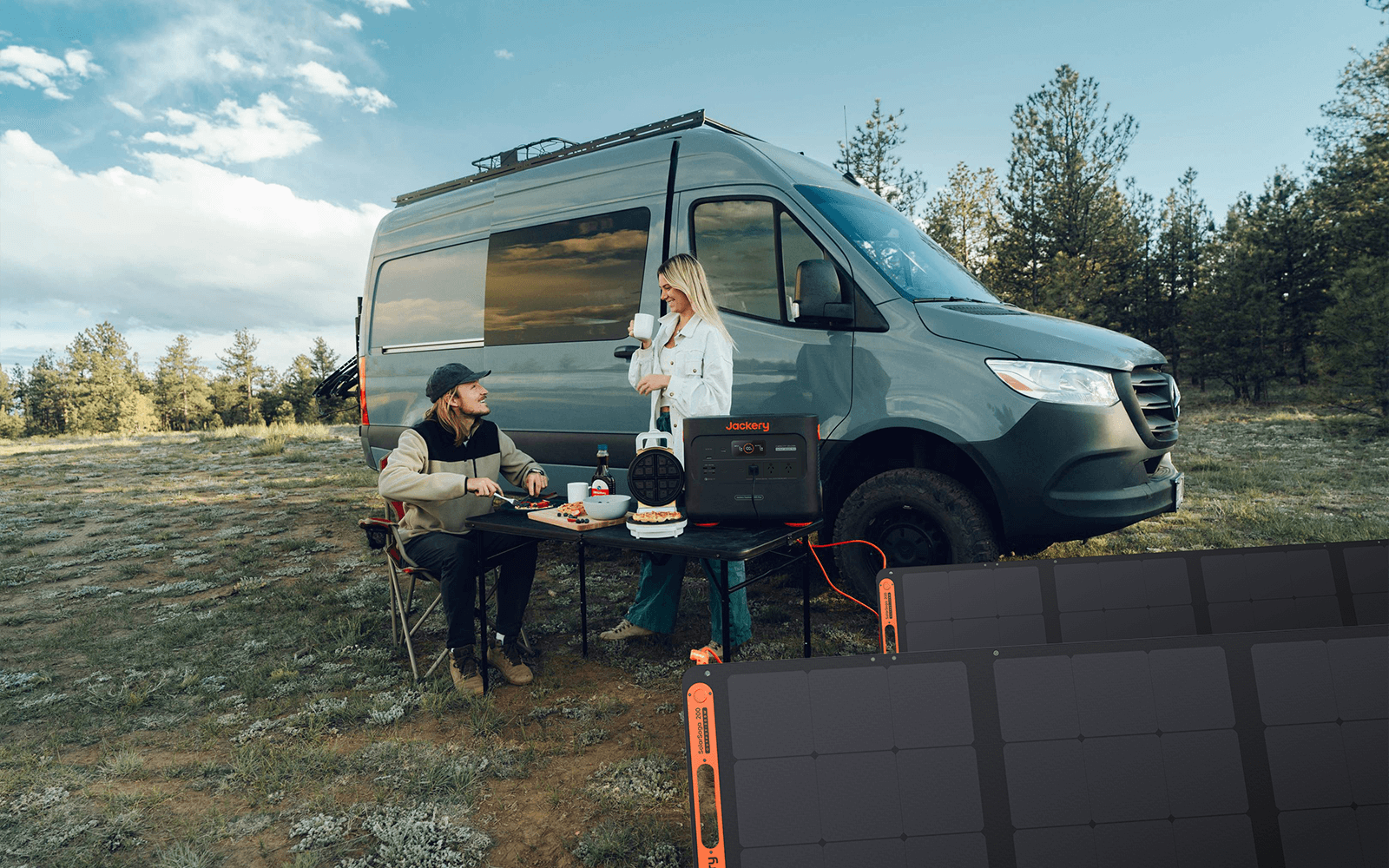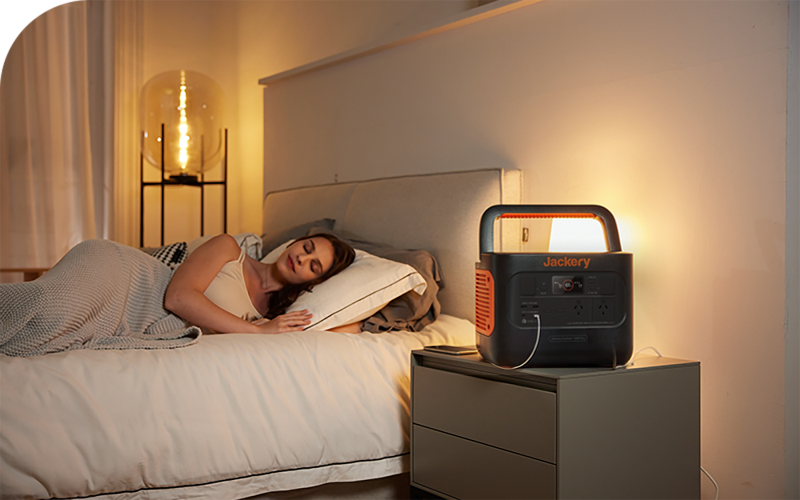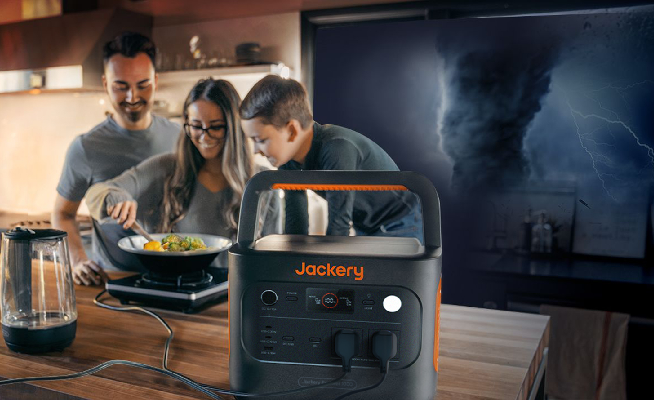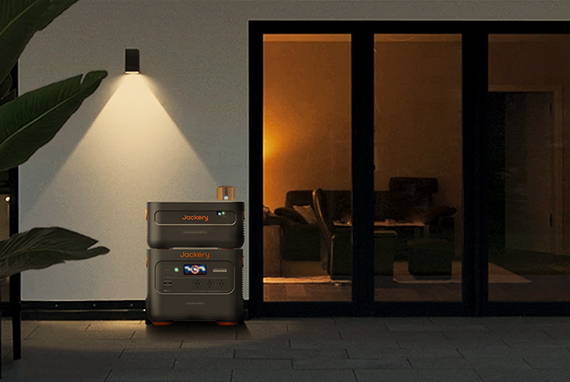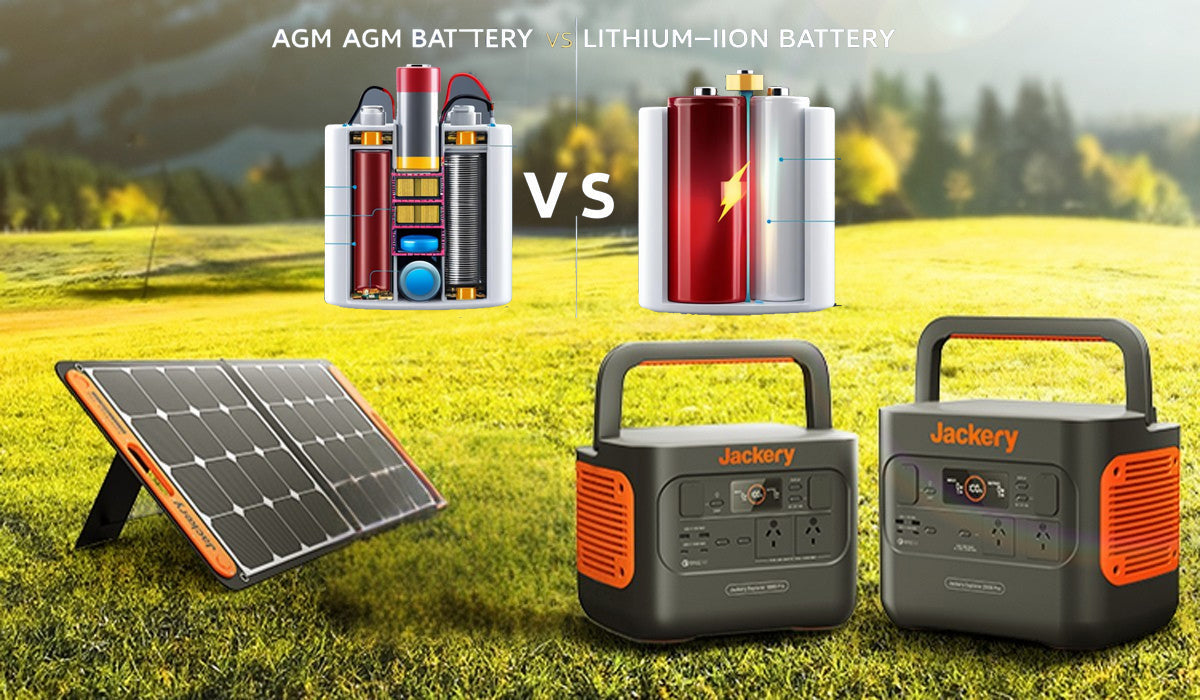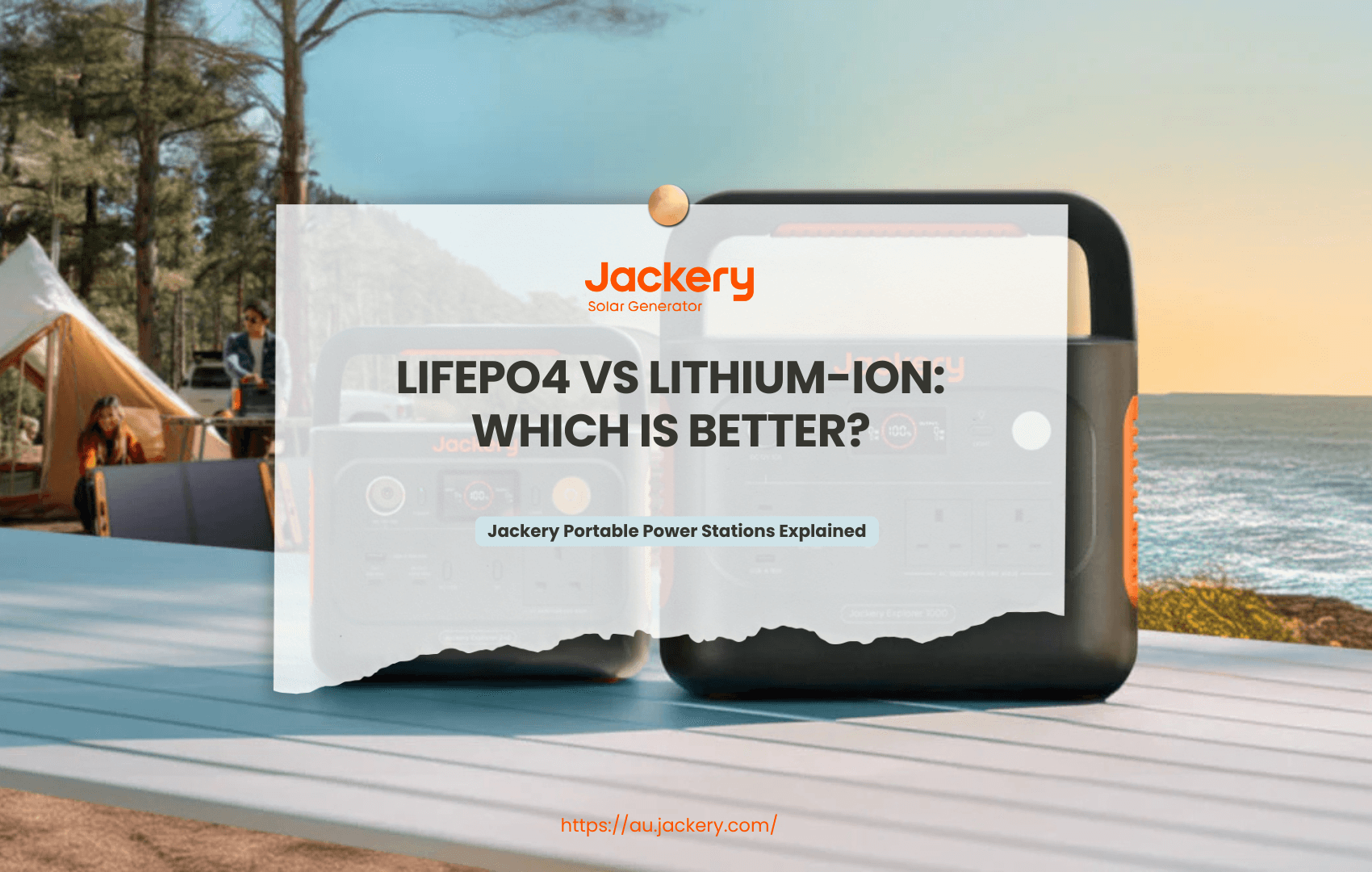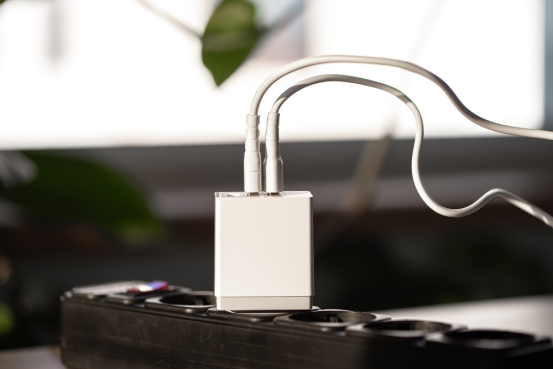What Is an AGM Battery?
What Is an AGM Battery? Definition and How It Works
AGM batteries, also known as absorbed glass mat batteries, belong to the family of lead-acid batteries in which the electrolyte is absorbed in a glass fibre mat separated between the plates of the battery, which is a fundamental shift from the traditional lead-acid batteries where routine checking is not required, and the battery does not operate with the worries of any spills or leakage for the battery.
AGM Batteries are made in such a way that they produce energy by bringing together lead dioxide and sulfuric acid, creating a chemical interaction that fuels their working. Due to the structure made of fibreglass mats, the electrolyte, and therefore the batteries, are safer and more durable than traditional batteries will be the case. Their sealed structure becomes the best solution for activities where reliability and long-term operation are important parameters: off-grid solar schemes, marine applications, and contingency power for critical systems.
Another remarkable characteristic of AGM batteries is their capacity for large power bursts, i.e., starting current, which makes them useful for a broad range of starting and other systems of vehicles. Only because of their low energy density in relation to other modern options is their employment in high-capacity situations restricted. AGM battery's self-discharge values remain relatively low, enabling the devices to be used as standby power for a long time.
Pros of AGM Batteries
• No Maintenance Required: AGM batteries do not call for water replacement, as do conventional lead-acid batteries. In other words, maintenance requirements are considerably lower.
• No Capacity Leak: AGM batteries can be installed in a wide range of positions due to their sealed capacity, which prevents any leaking.
• Rapid Discharge: An AGM battery can easily provide vehicles and equipment needing to start up in quick intervals with short periods of high energy.
• AGM Batteries vs Others: Another advantage of AGM batteries is that compared with lithium-ion batteries, a lower price is implemented, which is useful for specific commitments.
• High Energy Retention: AGM batteries are suitable for standby and backup applications as they have an impressive capacity to retain charge when not in use, as well.
Cons of AGM Batteries
AGM batteries can appear to have a downside when it comes to discharging current.
• Ample Space Required: It is clear to many users that AGM batteries take a significant amount of Space and weight to be stored due to their specific energy intensity to width ratio. Thus, their capacity is limited. In comparison to lithium-ion batteries, they are less energy efficient and less densely packed.
• Expensive To Use: AGM batteries serve as the cheaper option; however, when it comes to regularly using them, costs go through the roof as they are expensive. When it comes to frequent charge cycles, their lifetime expectancy is around three to five years.
• Heavyweight: Campers and such can face challenges with mobile usage of AGM batteries as their overall lead content is extremely high, making them considerably heavy.
• Limited depth of discharge: When AGM batteries are deeply discharged and whenever it happens, their lifespan increases and performance efficiency decreases.
• Have a slow charging rate: In time-oriented practices, AGM batteries are inefficient in charging compared to lithium-ion batteries, which are slow.
AGM Batteries are affordable and more robust but are not efficient or long-lasting. So, if your application needs foldable energy and spill-free use, AGM batteries are ideal for you since they are cheap. Still, if one is trying to decide between AGM or lithium batteries, considering the shortcomings of AGM is pivotal.
We have been using AGM batteries for decades now, and even though lithium batteries have advanced features, they remain popular as starter and marine batteries. Our collective understanding of their features or marketplace equips us to adeptly make smart choices. By comprehensively understanding the advantages and disadvantages of AGM batteries, a consumer can decide whether AGM batteries do their job or not.

What Is a Lithium-ion Battery?
What Is a Lithium-ion Battery? Definition and Working Principles
Battery-type lithium-ion made headway into the market due to its advanced technology. For the sake of simplicity, during the charging and discharging process, these batteries allow lithium ions to transfer between the anode and cathode. When combined with lightweight construction and dense energy, the end result creates an effective energy delivery system, which is crucial for portable devices.
Lithium-ion batteries are used in many devices and systems, such as smartphones, laptops, electric cars, and even power packs. The recent developments brought about by chemistry, such as LiFePO4 (Lithium Iron Phosphate), have made them safer, longer-lasting, and even more reliable than before. Their development and robustness of construction allow for their large-scale use — from miniature hearing devices to wide-range grid energy storage systems.
Lithium-ion batteries work by lithium ions moving between the anode and the cathode through a conductive electrolyte through conductive materials for quick energy transfer while the design is sealed for security and durability. Additionally, Lithium-ion batteries are less than or as optimal as lead-acid batteries because the former can work in extreme temperatures.
Advantages of Lithium-ion Batteries
• High energy density: Lithium-ion batteries can be contained in small and lightweight structures that allow the storage of high power because of dense cellular design; thus, if portable applications are concerned, then these batteries are ideal.
• Long lifespan: These batteries, with an estimated longevity of a decade or more, ensure that the initial investment is sound as there will be no issues for a number of years.
• Fast charging: Lithium-ion can be charged rapidly and does not generate high electrical temperatures, which means that the downtimes will be significantly lowered as compared to conventional batteries like AGM.
Disadvantages of Lithium-ion Batteries
• Costs more in the first place: The upfront investment in lithium-ion batteries is more expensive than in AGM batteries. However, in the long term, these more expensive batteries tend to last longer, and the cost is recovered.
The only metric that lithium-ion batteries don't perform as well as AGM in is cost, but given their longevity, the initial cost of investment more than compensates for it. From our perspective, they are a great investment. However, the cost could still, without a doubt, raise eyebrows.
• Sensitive to temperature: Some applications require protection systems in both extremely hot and cold temperatures; when both temperature extremes are reached, performance may decrease.
• Difficult to recycle: A battery's composition determines its recycling process, and these batteries have a rather complex chemical makeup, which makes them disadvantageous for the environment if not properly handled.
• Risk of thermal runaway: Occasionally, when batteries are mistreated or there are defects in the manufacturing process, the batteries tend to overheat. But with today's designs and advancements, a myriad of solutions have been introduced to help these people handle this problem on their own.
• Includes backup self-discharge: Lithium-ion backup power is a great solution for many dedicated applications; as opposed to older technologies, these batteries lose minimal charge when left unused.
In comparison with AGM and lithium-ion batteries, lithium-ion batteries are the best option for almost all contemporary power requirements. If usage is frequent and mobile reliable, then the slightly higher cost is offset by the high energy density, efficiency and long-term life of the battery. They are likely to remain dominant in the energy storage market due to their versatility across different industries.

AGM VS. Lithium-ion Batteries
Detailed Explanation of Differences
For high-performance applications, the debate of AGM vs lithium-ion batteries highlights the importance of balancing reliability with cutting-edge efficiency.
Size and Weight: Primarily used as electromotive force sources in battery-operated devices, Lithium-ion batteries are compact and lightweight.
Energy Density: Jackery's power station type of devices, highly enriched with storage per kilogram, take significant advantage of lithium-ion.
Lifespan and Cycle Life: Return on investment is significantly better because lithium-ion batteries have an extensive lifespan and duration.
Charging Efficiency: Lithium-ion batteries tend to consume both less time and energy when doing a single task due to faster charging.
The AGM battery vs lithium-ion debate often centres on weight, efficiency, and upfront costs for various power storage needs. In cost and value analysis, AGM batteries are relatively priced lower when purchased, but, in the long run, lithium-ion investment is much more reasonable in many circumstances. The choice between a lithium-ion battery vs. AGM depends on factors such as durability, maintenance, and suitability for specific environments. When testing against AGM batteries, lithium-ion batteries win the contest in all aspects and quality as they are comparatively new and can be adapted to newer technology easily.
|
Key Comparisons |
||
|
Differences |
AGM Battery |
Lithium-ion Battery |
|
Size |
Larger |
Smaller |
|
Weight |
Heavier |
Lighter |
|
Energy Density |
Lower |
Higher |
|
Capacity |
Limited |
High |
|
Depth of Discharge |
50-60% |
Up to 100% |
|
Lifespan |
3-5 years |
10+ years |
|
Cycle Life |
300-500 cycles |
2,000+ cycles |
|
Maintenance |
Minimal |
None |
|
Charging Efficiency |
Moderate |
High |
|
Costs |
Affordable |
Higher upfront cost |
|
Long-term Value |
Lower |
Higher |
Applications of AGM and Lithium-ion Batteries
Applications of AGM Batteries
AGM vs lithium-ion batteries is a common comparison, with AGM batteries mostly used in sectors like automotive, renewable energy, and backup power systems due to their durability and maintenance-free design.
• Automotive Use: In cars, motorcycles, trucks and boats, AGM batteries are widely used as automobile and boat batteries because of their powerful and durable features. They also provide great comfort to the two-wheeler by providing excellent cranking power.
• Solar energy systems: AGM batteries are generally used in standalone solar energy systems since they are quite cost-effective and have the ability to provide sufficient power. Being low-maintenance devices, they come in handy in remote areas where maintenance is difficult.
• Backup power: AGM batteries are great for applications requiring a reliable source of power, such as uninterruptible power supply devices or standby power. Computers, hospitals and security installations that need consistent power regularly use these batteries.
• Marine applications: Because of their sealed and non-vented containers, AGM batteries are a great option in marine use where there are frequent occurrences of tilts and vibrations. Their scope of application includes communication and navigation systems for fishing and pleasure yachts.
• Recreational vehicles: AGM batteries used in recreational vehicles ensure safety appliances and lighting energy sources for enormous trips.
Application Areas of Lithium-ion Batteries
When comparing AGM vs lithium-ion batteries, lithium-ion options often excel in terms of energy density and lifespan.
• Consumer electronics: Lithium-ion batteries primarily serve as mobile technology enablers characterized by their lightweight and high energy density, and these technologies dominate the consumer electronics market, mainly smartphones, tablets, laptops and cameras.
• Electric Vehicles: Modern electric vehicles, such as the Tesla Nissan Leaf, are powered by Lithium-ion batteries that are lighter and possess high energy density, which explains, to some extent, the growth of electric vehicles.
• Portable Power Stations: Lithium-ion batteries also provide standalone and mobile energy-powered solutions. For instance, Jackery's portable power stations, which run on lithium-ion battery technology, provide power for outdoor activities, emergencies, and events. All these devices are light, effective, and have the ability to operate multiple devices at once.
• Renewable Energy Storage: Lithium-ion batteries are extensively used for residential and commercial applications that intend to use solar cells or wind turbines as an energy source. They serve as great tools that require energy storage devices along with their other functionalities since they are highly efficient and can recharge quickly.
• Aerospace and Medical Equipment: Portable ventilators, infusion pumps and other life-saving medical equipment, along with aerospace technology, are made using lithium-ion batteries due to the faithfulness of these devices and their small dimensions.
• Power Tools: Other energy devices, such as DIY projects or cordless construction tools, are often designed to operate on lithium-ion batteries as they are easier to handle and offer a higher power capacity.
AGM vs lithium-ion batteries present a trade-off between cost-effectiveness and advanced technology, making it essential to consider specific usage needs. Jackery's power stations use the latest lithium-ion technology, illustrating how energy storage technology can improve one's life. It is suitable for powering equipment while camping and offers a backup power supply for electronics during interruptions, delivering energy where it is required in an eco-friendly and dependable manner.

Jackery Portable Power Stations Explained
Why Do We Need A Portable Power Station
When we travel to different parts of the world, portable power stations ensure that we have access to energy supply anytime and anywhere. This makes them a necessity useful for camping and outdoor events, disaster mitigation activities, or even working around the house. This technology also serves as a mobile and multifunctional tool, in addition to serving as a sustainable offering for the environment. Due to the increasing desire for renewable and decarbonized energy, a number of portable power stations have come into existence to help consumers cut off using energy from the grid.
During camping, these devices are a must-have since they allow the use of electrical appliances like lights, cooking devices, and phones. In the same vein, the devices become an effective power backup during blackouts so that your refrigerator, medical devices, or even phones can still run. In the case of workers, these portable power stations can provide tools and devices in areas that have no direct access to electric power.
Jackery's Explorer Series Review Jackery Portable Generator
Jackery makes it easy to enjoy eco-friendly power solutions with their range of Explorer series models. These power stations explode into life with the help of advanced lithium-ion batteries, ensuring that you get clean power wherever you go. These models are also highly user-friendly and waterproof and come equipped with advanced safety measures, making them suitable for a host of different applications.
Exploring Jackery's Explorer Series
Most portable generators in the market are virtually identical to each other, with just one or two minor features added, but Jackery is different as they focus heavily on portable power solutions.
Courtesy of Jackery, you get to enjoy
• Advanced circuitry: Built-in circuitry designed to protect from overcharging, short circuits and overheating.
• Solar Compatibility: Allows the use of SolarSaga panels to enable the use of solar energy.
• Superior Product Integrity: Strong and able to handle the abuse of the outdoors.
• Eco-friendly design: Zero emissions means no harm to the environment.
So, if you are someone who wants to go green and wants the convenience of having easily portable power without needing to be tethered to a wall or solar energy meter, Jackery has the answer to your needs. If you are looking for a generator to power you outdoors, on the weekend, in hotels or even in emergencies, look no further, as Jackery will end your search.
Jackery Explorer 2000 Plus Portable Power Station
The Explorer 2000 Plus comes with a powerful high-capacity lithium-ion battery, which is great for supplying the power needed in RVs and living off the grid. It has a rugged build and contains multiple charging features, including solar panels, which promote renewable energy. Due to the station's long lifespan and high power output, it excels in heavy-duty tasks such as running multiple people at once or operating energy-demanding tools.

User Review: Juan R. says, "Home comfort in an RV: our caravan has everything from a TV to a mini refrigerator fed by Jackery. Over the course of our trips, it has become more reliable and easier to use, and it has definitely revolutionized the way we travel."
Jackery Explorer 1000 Plus Portable Power Station
If you are planning a camping trip, then this multi-use power station is ideal for you. It is lightweight and has multiple systems integrated into it. The Explorer 1000 Plus works with a lot of different devices, including electric grills and tent light heaters and can even be solar charged, which expands its range of sustainability and makes it a perfect tool for a camper.

User Review: Jim M. states that "Tent lamp, electric heater, electric barbecue, all of these can be operated by Jackery and along with solar panels I have power for the entire weekend., The Explorer 1000 Plus has become an essential item for my camping trips every month."
AGM VS. Lithium-ion FAQs
1) Is lithium ion better than AGM?
Elaboration on this question could take up years to answer but to put it concisely yes lithium-ion is superior to AGM batteries in terms of energy density, lifespan and overall efficiency.
2) What is the main disadvantage of an “AGM battery”?
Lithium –ion batteries are superior technology in bushes and equipment which gives AGM batteries a major disadvantage.
3) Can I replace my AGM batteries with lithium?
Lithium-ion batteries can be used in replacement but do check if your system can support the change.
4) What is the difference between 100Ah AGM and 100Ah lithium?
100Ah lithium outshines 100Ah AGM in all domains; light in weight, lasts longer, and has a deeper discharge rate.
5) Can I just put a lithium battery in my RV?
Compatibility issues aside, lithium-ion batteries can be fit within RVs without needing to make many modifications.
Final Thoughts
Most of the time, the debate on AGM vs lithium-ion batteries ends with lithium-ion batteries being picked. If you're on the lookout for Jackery portable power stations, then using lithium-ion batteries would ensure that you have a much greener and trustworthy power supply for multiple purposes. From everyday chores to backup sources, Jackerys have got your power needs settled.

